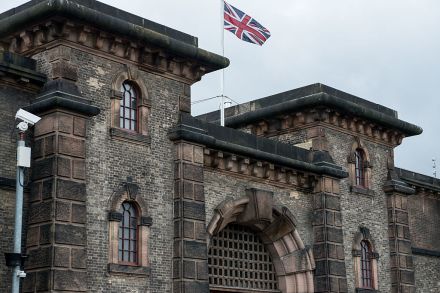Russell Brand’s gags are coming back to haunt him
It has now officially all gone wrong for stand-up’s sex god. Ahead of Saturday night’s Channel 4 documentary about Russell Brand, and the newspaper disclosures in the Sunday Times, there was speculation that the witnesses could be opportunistic attention-seekers. The account of the first complainant appears to undermine that idea. On the same day as her alleged encounter with Brand, she apparently visited a rape crisis centre, according to medical records, and accused him of wrongdoing. If the case reaches court, her testimony could be hard for Brand – who strongly denies all the allegations against him, said his relationships have all been consensual and that he has ‘evidence directly




















